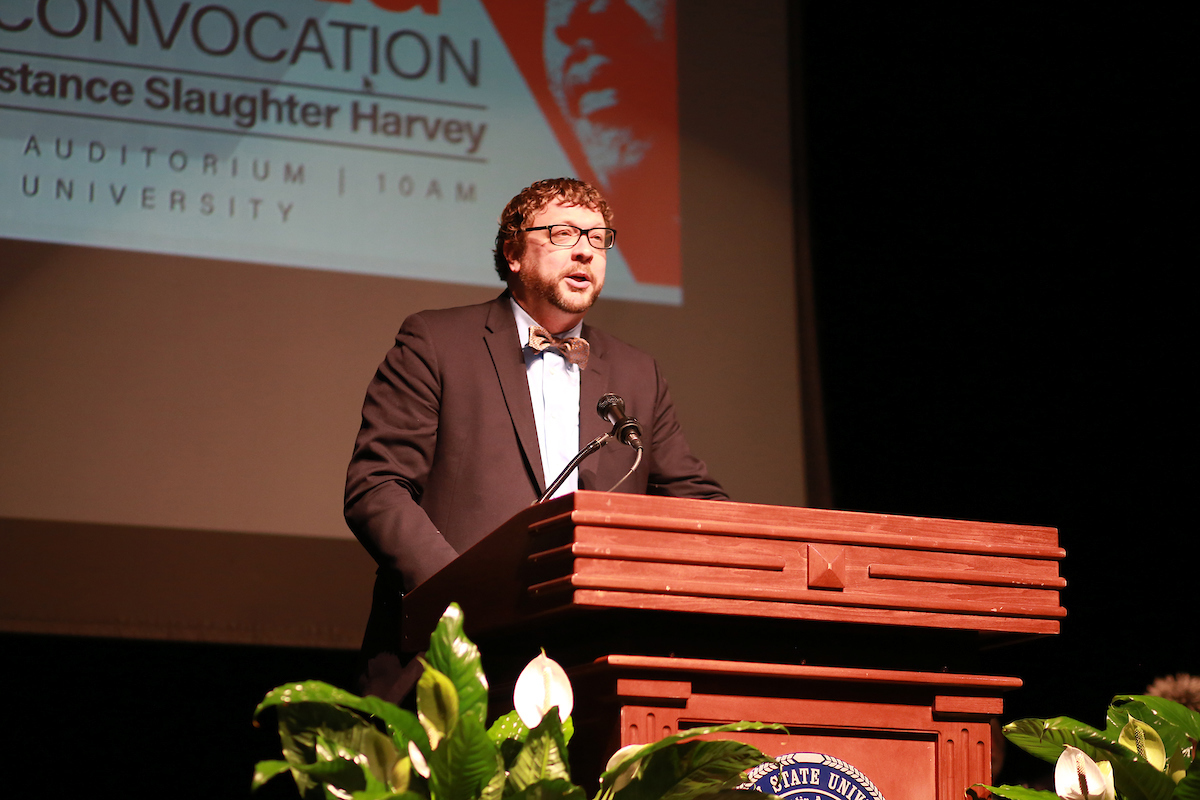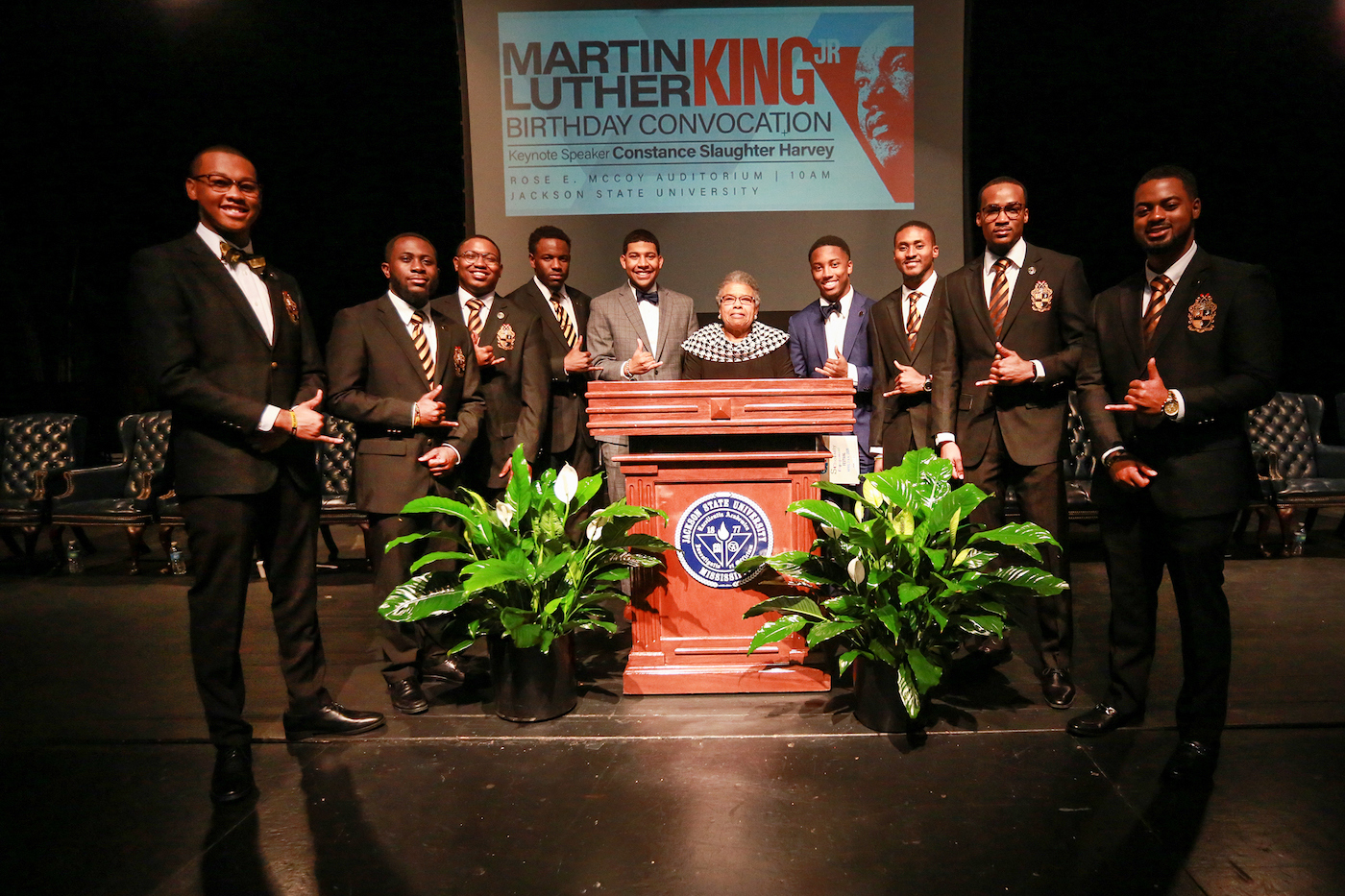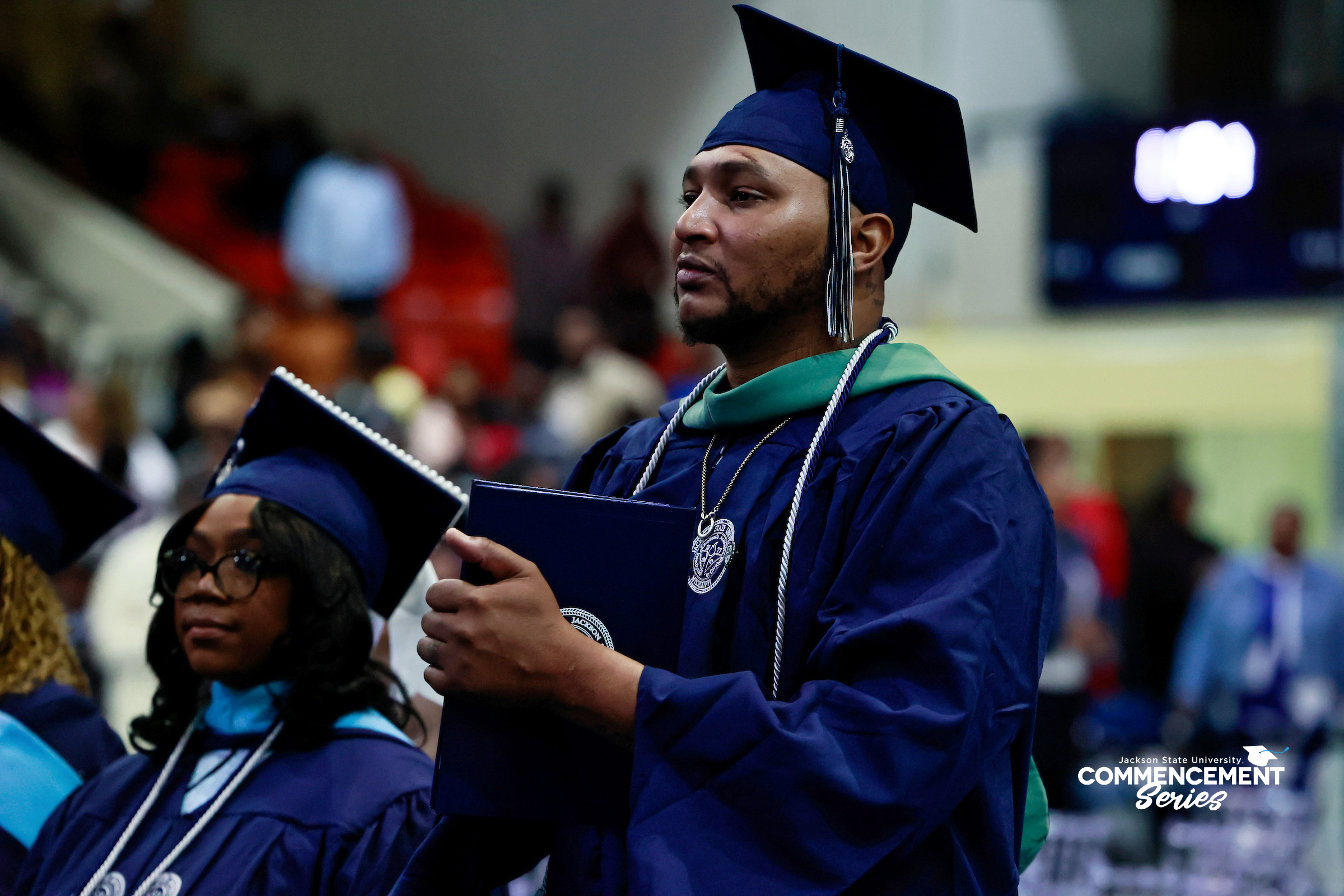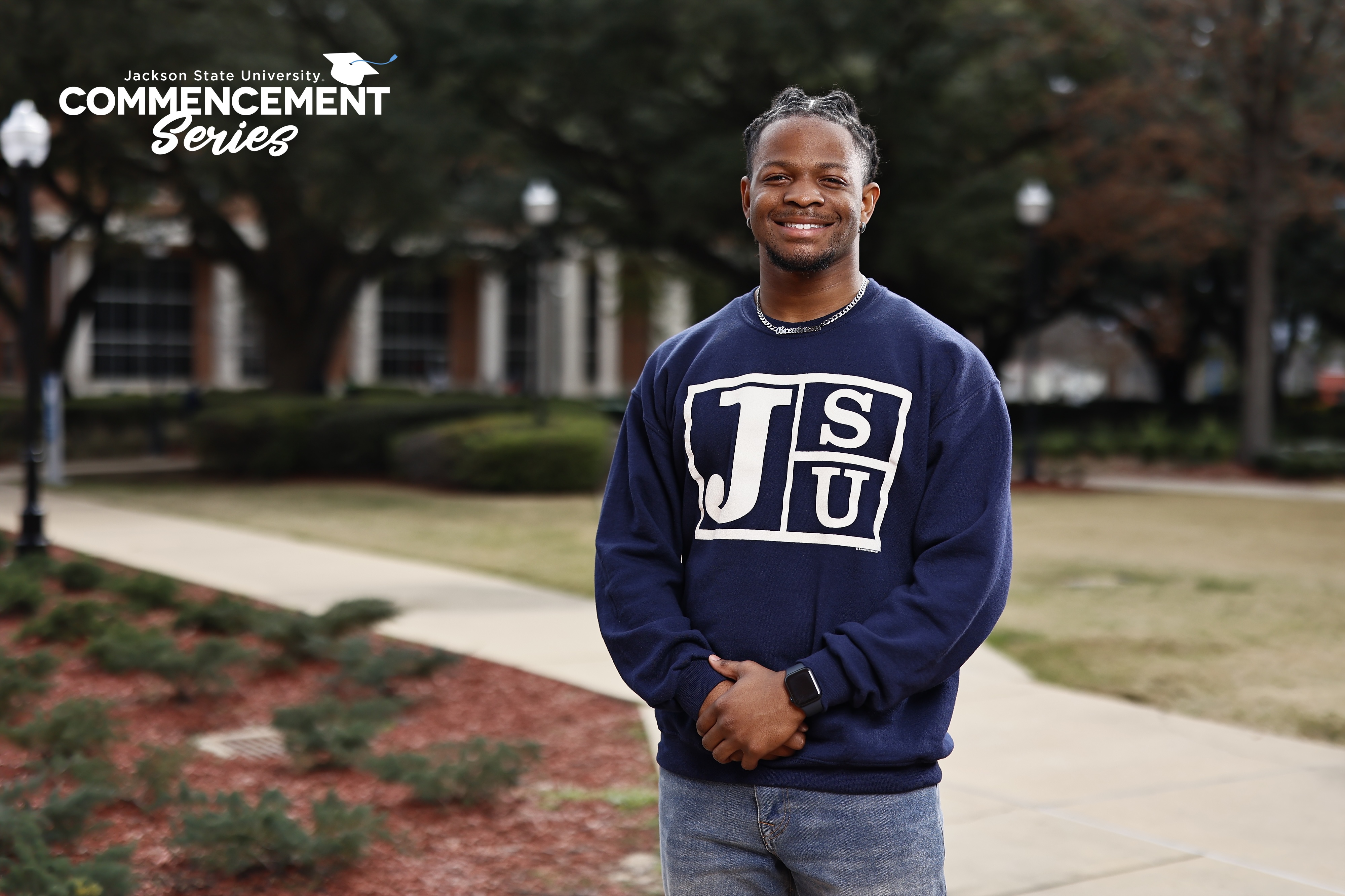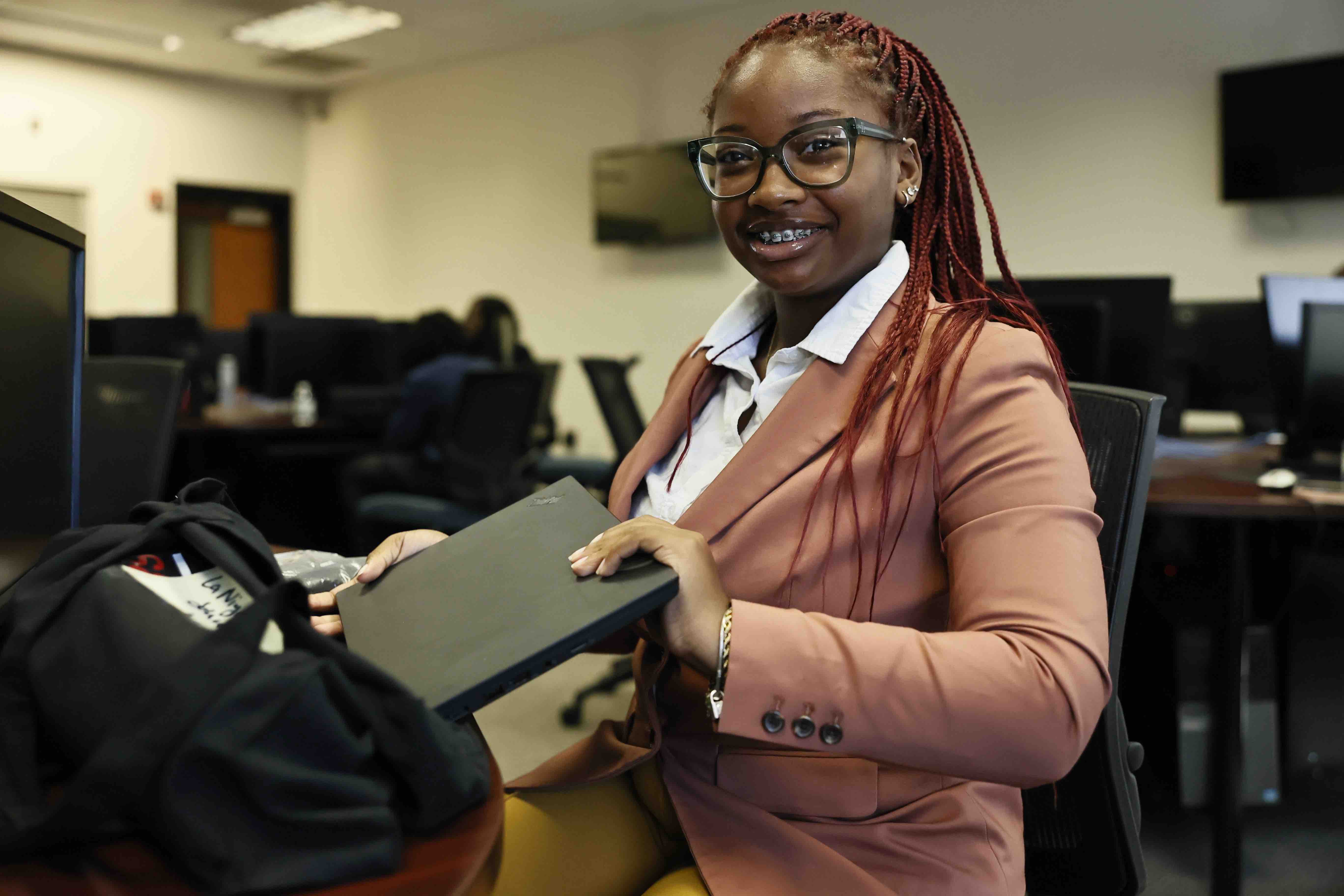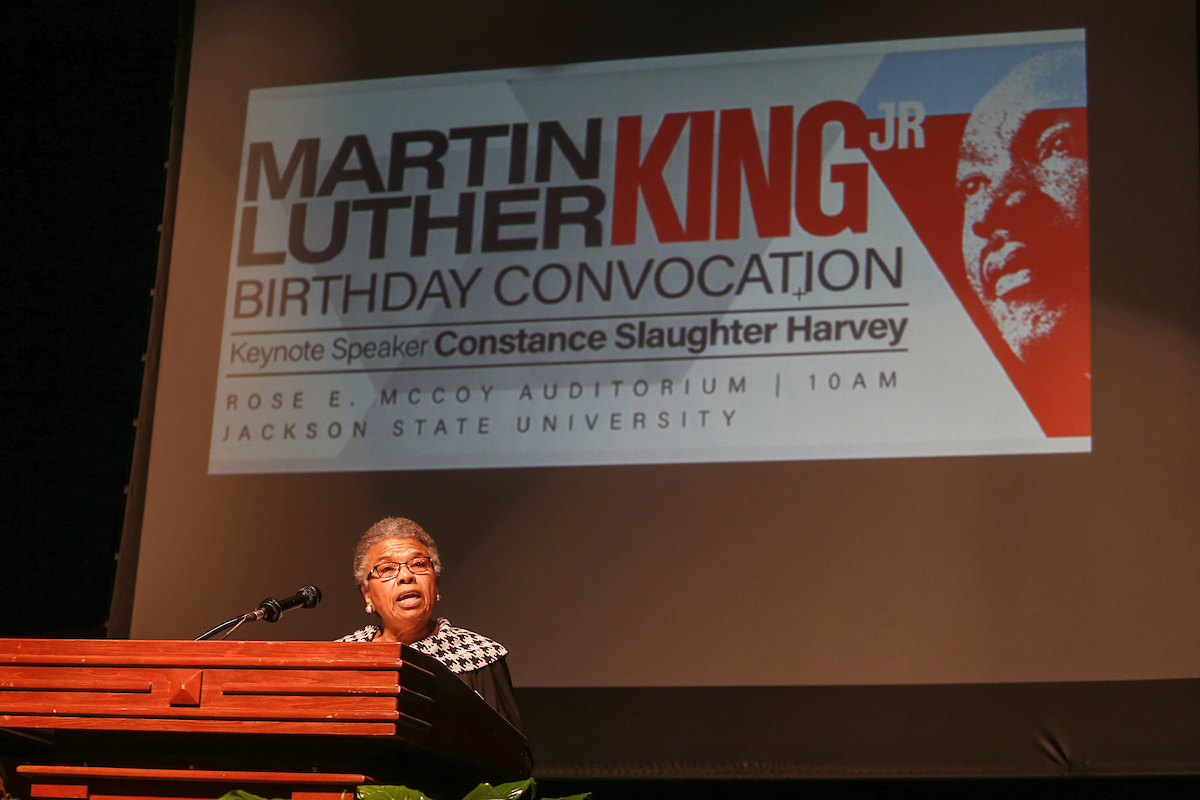
![]()
[hr]At a ceremony honoring the birthday of Dr. Martin Luther King Jr., lawyer-activist Constance Slaughter-Harvey said she’s still reeling from the aftermath of a “state-sanctioned murder” on Jackson State College that left two young black males dead and a dozen injured 50 years ago.
The keynote speaker at Jackson State University’s MLK Convocation by the Margaret Walker Center, said, “This is one of the most difficult times in my life in that I have been forced to relive – an era in Mississippi history that makes me sad, mad, angry, hurt and disappointed.”
Slaughter-Harvey spoke in the Rose E. McCoy Auditorium on Friday, Jan. 17. She’s the first African American women to receive a law degree from the University of Mississippi and the first black female to serve as a judge in Mississippi (1975). She’s also founder/president of Legacy Education and Community Empowerment Foundation, Inc.
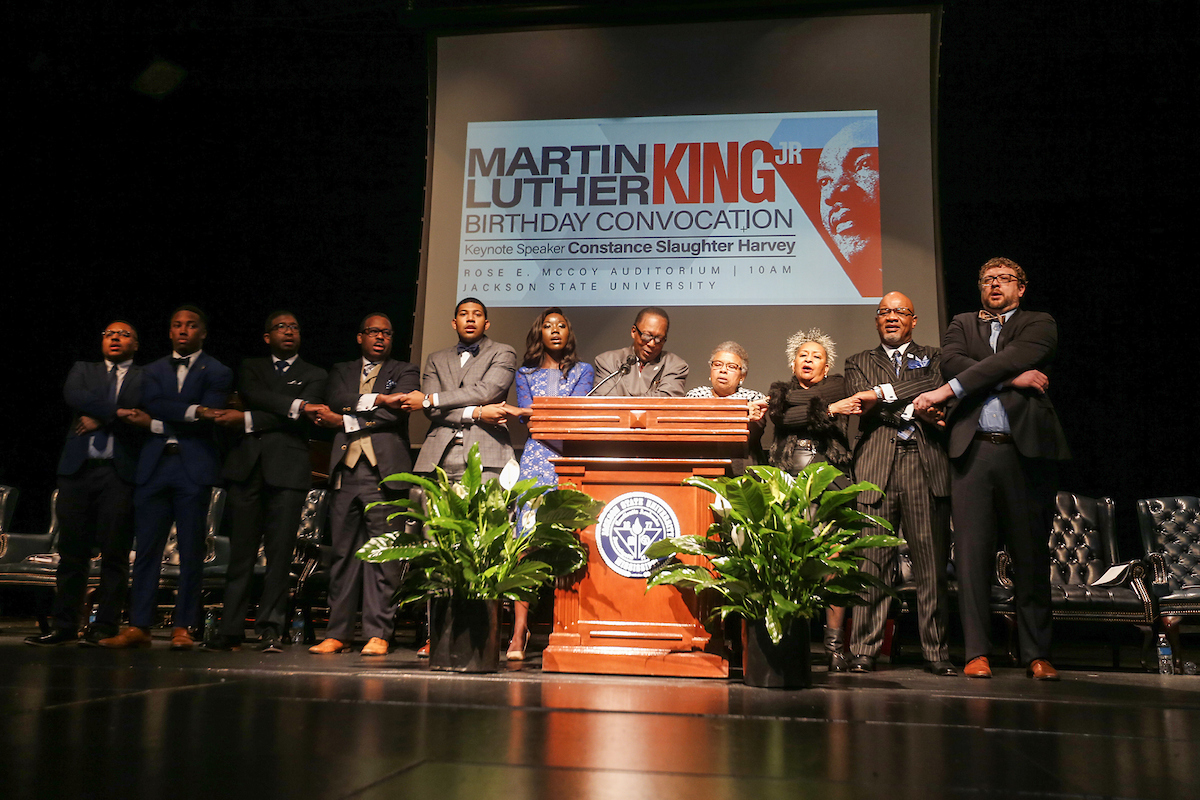
On May 15, 1970, Slaughter-Harvey remembers seeing the notorious Thompson Tank that was used to intimidate and herd protesters. The menacing vehicle, named after former white supremacist Mayor Allen C. Thompson, was outfitted with paramilitary gear.
On that fateful day, law enforcement unleashed 400 rounds of ammunition for 30 seconds on Alexander Hall, a women’s dormitory. Bullets tore through walls, windows and flesh during an early-morning assault. “It sounded like hail on a tin roof with gunfire smoke that smelled strange. The sky lit up and there were cries and screams of students running – and those unable to run because of their wounds.”
The slain victims were Phillip Gibbs, a 21-year-old political science student at JSC, and James Earl Green, a 17-year-old Jim Hill High School student, who was caught up in the crossfire while walking home from work.
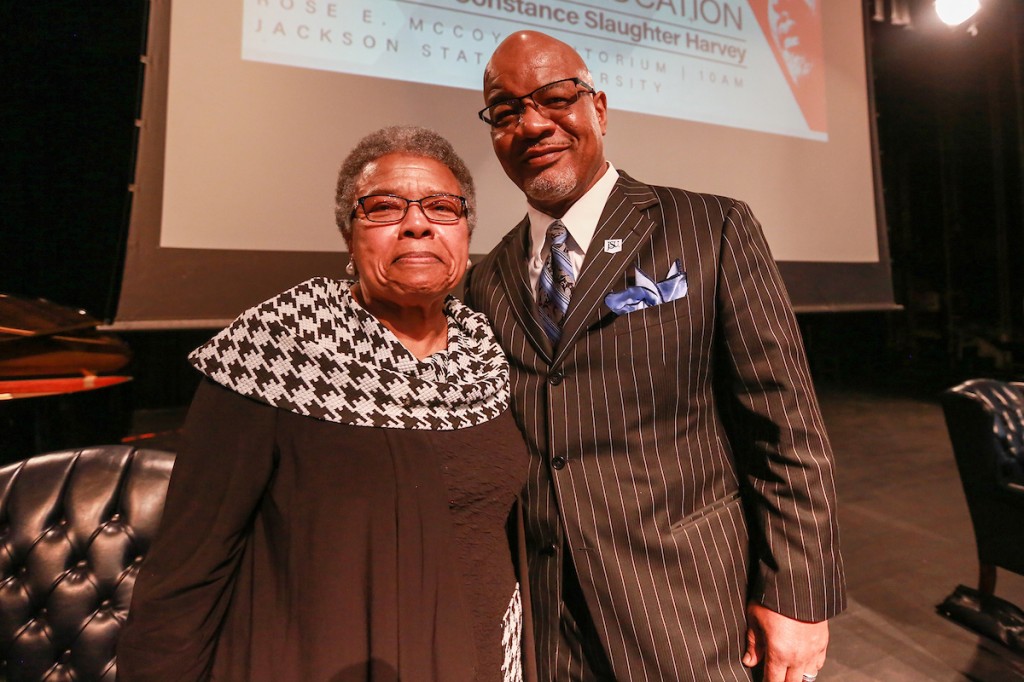
[dropcap]S[/dropcap]LAUGHTER-Harvey filed a lawsuit on their behalf, as well as for plaintiff-students who are still alive today. “We thank all of you for being here today to salute them and to share their stories,” she told the audience. She also paid homage to King.
Dr. William B. Bynum Jr. agreed with the significance of celebrating the courage and “ultimate sacrifice” by King.
“I don’t know how many of us – with death threats not only to themselves but to their family members – would continue keeping on the way that Dr. King kept on,” Bynum said. “We say thank you to Dr. King for the freedoms we get to enjoy in this country.”
Also, Bynum acknowledged the effort by the Walker Center to pay homage to Gibbs and Green by recommending that the two slain victims receive honorary degrees posthumously during the upcoming spring commencement ceremony. With blessings from a faculty committee confirmed, the College Board now will review the recommendation.
As well, Bynum said, members of the Class of 1970 will walk across the stage to receive their golden diploma during spring commencement. During that tumultuous year, the campus abruptly shut down and seniors were denied their graduation ceremony in the aftermath of the fatal shootings.
Dr. Robert Luckett, director of the Walker Center, reflected on the 1970 tragedy, too.
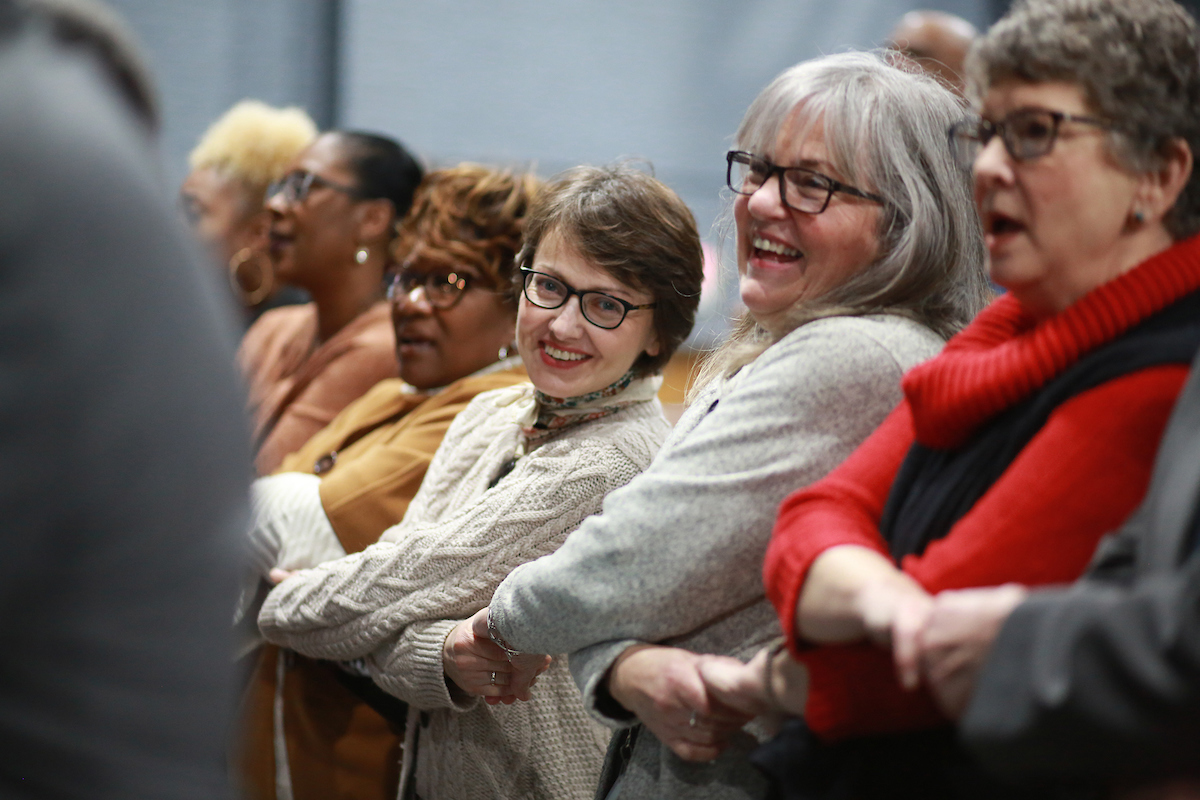
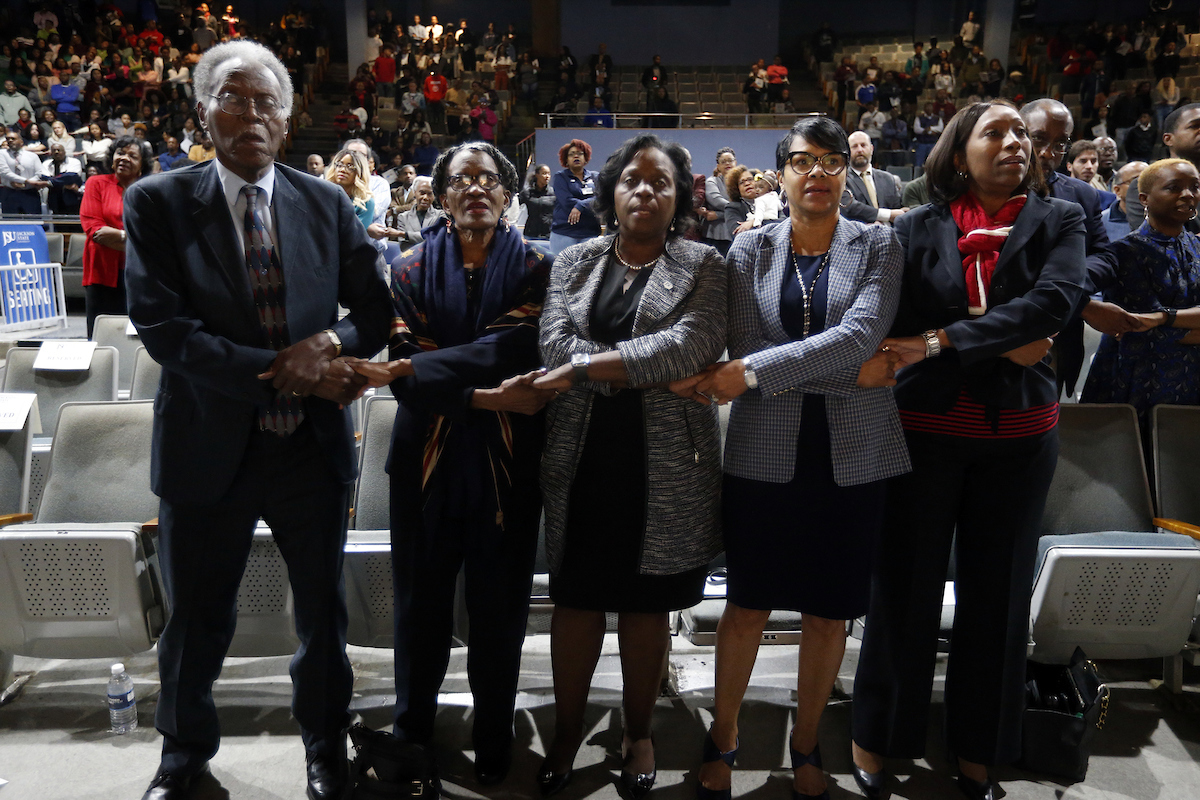
He said, “Dozens upon dozens of members in our community were physically and psychologically wounded when city police and highway patrolmen brazenly fired roughly 400 rounds of ammunition in 30 seconds into Alexander Hall, a women’s dormitory. And they did so under the cover of darkness.”
He, too, offered words of gratitude to the keynote speaker.
“Thank you, Mrs. Slaughter-Harvey, for what you did to stand up to these people and to call out a racist and murderous power structure in this state and nation. I would point out that Dr. Margaret Walker did the same.”
Looking back at that deadly experience, Slaughter-Harvey recounts having to sue Mississippi Institutions of Higher Learning (IHL) to gain access to campus. She had wanted to consult with her legal clients and inspect Alexander Hall for evidence after the female dormitory came under siege. Instead, she was placed in the back of a police car.
Several legal actions were filed on behalf of the victims. Defendants were the state of Mississippi; City of Jackson; the mayor; Mississippi Highway Patrol; the Jackson Police Department; the U.S. National Guard; and other conspirators.
Among the lawsuits included one filed in Hinds County (Mrs. Dale Gibbs vs. City of Jackson) that was subsequently abandoned for one at the federal level (Burton vs. Waller). Plaintiffs were Myrtle Green Burton, the mother of Green, and Dale Gibbs, widow of Gibbs.
While Harvey-Slaughter paid homage to Gibbs and Green, she also acknowledged other plaintiffs: Tuwaine Davis Whitehead, who was struck in the stairwell of Alexander Hall; Vernon Weakley, who was hit in the leg in front of the west wing; and Leroy Kenter, who suffered chronic injuries to his legs as he attempted to run past the west wing.
[dropcap]T[/dropcap]HE trial occurred in Biloxi with Judge Walter Nixon presiding. Ultimately, Nixon would be indicted, convicted and sentenced to prison for lying to a grand jury. Still, later, an all-white jury exonerated the defendants in 1972.
“I shall never forget the reaction of the patrolmen and other officials when the verdict was read. It was the biggest display of rebel yells. And, I will never forget the pain that was reflected in the eyes of the plaintiffs.”
Slaughter-Harvey said she still agonizes over the loss experienced by families of Gibbs and Green. She especially feels the pain of bereaved mother Myrtle Green Burton, who Slaughter-Harvey met with monthly.
“Each time I visited Mrs. Burton she would ask if the governor or mayor had ever said that her son James Earl was not a bad boy. All I could say was ‘time would tell.’ Even a week before her death, Green Burton asked, “When are they going to say that Earl was a good boy?”
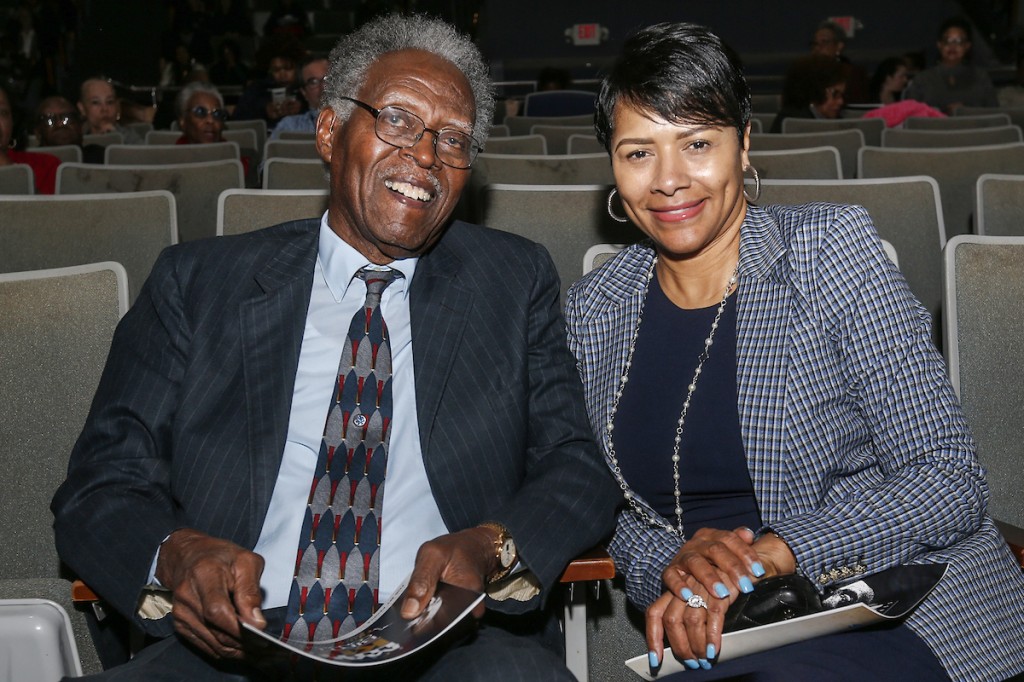
Nevertheless, after 12 years of legal fights in U.S. District Court and the Fifth Circuit Court of Appeals, the U.S. Supreme Court, ultimately, dealt a devastating blow by refusing to hear the case. Slaughter-Harvey said the only consolation had come from the Fifth Circuit, whose first opinion in 1974 declared that “the barrage of gunfire far exceeded the response that was appropriate.” It further held that seven officers were guilty of “torturous conduct as a matter of law.”
Today, she cites some progress in the judicial system, especially among African Americans who hold judgeships. These include Carlton Reeves, a JSU alum; Tommie Green, a Tougaloo grad; and James Graves, a product of Millsaps.
Could a tragedy similar to May 1970 happen again?
Slaughter-Harvey hints that it’s possible. She bemoans the “excessive use of force” in recent years in Alabama, Florida, Illinois, Michigan, Texas and other states.
Also, Slaughter-Harvey, who describes herself as hopeful but a realist, said the black community lacks a “sustained, organized and meaningful outcry” against injustices. In contrast, she commends the Committee for Concerned Students at JSU who displayed their rage and protected the Alexander Hall panel during that violent period 50 years ago.
“Many others stood out and spoke out against injustice,” she said, and they demanded, “Let us be heard. Their support was my oxygen.”
[dropcap]T[/dropcap]ODAY, however, she said, “The shootings of black children and of men and women in homes, schools, shopping centers, parks and churches will not stop unless we collectively and individually speak out. We need to do this by voting, monitoring public officials and, above all, remaining vigilant.”
She advises adults to listen to youth who are fed up with the status quo. “Pass the baton with supporting guidance. Remember that our youth with determine our destiny.”
As well, she urged individuals to follow the examples of those who fought against an unjust system and those who served in leadership roles.
Among them, she said, was King, who said, “The time is always right to do what is right.”
She lauded others as well.
They included Rosa Parks who said, “You must never be fearful about what you are doing when it is right. Then, there was Harriet Tubman, who said, “Every great dream begins with a dreamer. And, finally, Slaughter-Harvey quoted President Barack Obama:
“Change will not come if we wait for some other person or some other time. We are the change that we seek.”
